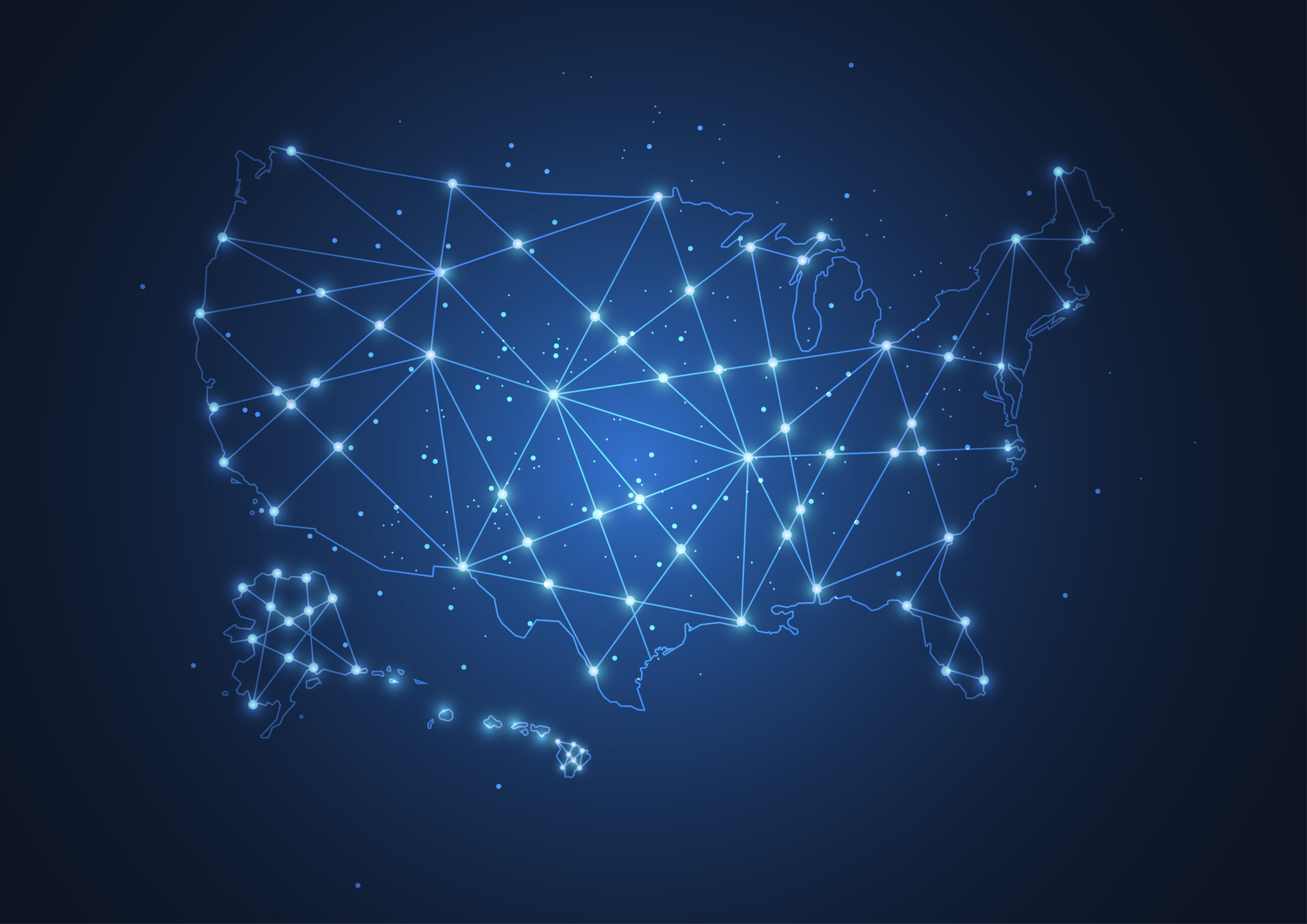Showing results for viiia20 pronged promised zimbabwe

A Price to Pay: U.S. Lawmaker Efforts to Regulate Algorithmic and Data-Driven Pricing
“Algorithmic pricing,” “surveillance pricing,” “dynamic pricing”: in states across the U.S., lawmakers are introducing legislation to regulate a range of practices that use large amounts of data and algorithms to routinely inform decisions about the prices and products offered to consumers. These bills—targeting what this analysis collectively calls “data-driven pricing”—follow the Federal Trade Commission (FTC)’s […]

Tech to Support Older Adults and Caregivers: Five Privacy Questions for Age Tech
Introduction As the U.S. population ages, technologies that can help support older adults are becoming increasingly important. These tools, often called “AgeTech”, exist at the intersection of health data, consumer technology, caregiving relationships, and increasingly, artificial intelligence, and are drawing significant investment. Hundreds of well funded start-ups have launched. Many are of major interest to […]

Meet Bianca-Ioana Marcu, FPF Europe Managing Director
FPF is pleased to welcome our colleague Bianca-Ioana Marcu to her new role as Managing Director of FPF Europe. With extensive experience in privacy and data protection, she takes on this responsibility at a pivotal moment for digital regulation in Europe. In this blog, we will explore her perspectives on the evolving privacy landscape, her […]

FPF Unveils Paper on State Data Minimization Trends
Today, the Future of Privacy Forum (FPF) published a new paper—Data Minimization’s Substantive Turn: Key Questions & Operational Challenges Posed by New State Privacy Legislation. Data minimization is a bedrock principle of privacy and data protection law, with origins in the Fair Information Practice Principles (FIPPs) and the Privacy Act of 1974. At a high […]

The Curse of Dimensionality: De-identification Challenges in the Sharing of Highly Dimensional Datasets
[…] and privacy budget management. Errors in implementation, such as underestimating sensitivity or mismanaging the privacy budget across multiple queries (due to composition rules), can silently undermine the promised privacy guarantees. Defining the “privacy unit” (e.g., user, query, session) appropriately is critical; misclassification can lead to unintended disclosures. Auditing DP implementations for correctness is also […]

FPF Launches Major Initiative to Study Economic and Policy Implications of AgeTech
FPF and University of Arizona Eller College of Management Awarded Grant by Alfred P. Sloan Foundation to Address Privacy Implications, and Data Uses of Technologies Aimed at Aging At Home The Future of Privacy Forum (FPF) — a global non-profit focused on data protection, AI and emerging technologies–has been awarded a grant from the Alfred […]

What to Expect in Global Privacy in 2025
Next year, in 2026, we will celebrate a decade after the adoption of the GDPR, a law with an unprecedented regulatory impact around the world, from California to Brazil, across the African continent, to India, to China, and everywhere in between. The field of data protection and privacy has become undeniably global, with GDPR-inspired laws […]

Five Big Questions (and Zero Predictions) for the U.S. State Privacy Landscape in 2025
In the enduring absence of a comprehensive national framework governing the collection, use, and transfer of personal data, state-level activity on privacy legislation has been on a consistent upward trend since the enactment of the California Consumer Privacy Act in 2018. With all 50 U.S. states scheduled to be in session in 2025, stakeholders are […]

The African Union’s Continental AI Strategy: Data Protection and Governance Laws Set to Play a Key Role in AI Regulation
[…] of the Strategy, informed by a review in 2027 to ensure effective implementation. The Strategy appreciates that the road to establishing normative AI governance frameworks is multi- pronged and will require bringing together a variety of different stakeholders, with the AU playing a pivotal role. For example, private sector actors are expected to play […]

The World’s First Binding Treaty on Artificial Intelligence, Human Rights, Democracy, and the Rule of Law: Regulation of AI in Broad Strokes
[…] part of the Hiroshima AI Process. The Framework Convention on AI aims to establish its own proposal for furthering international cooperation, on the basis of a two- pronged approach: the first, encompassed in its Article 23, calls for the formation of a “Conference of the Parties”, to be composed of representatives of the Parties […]
